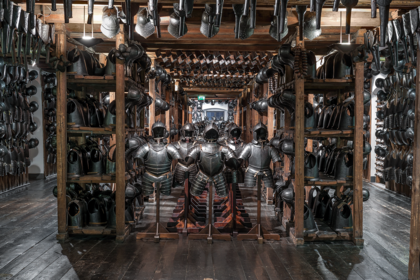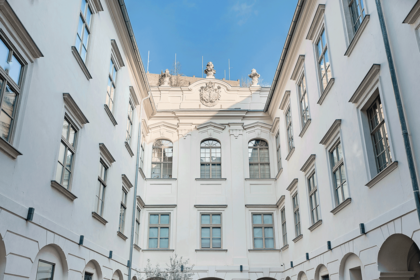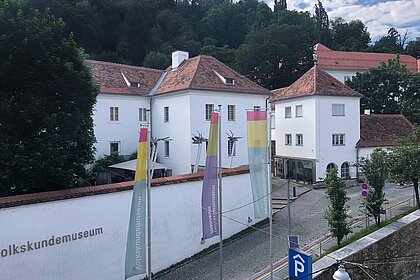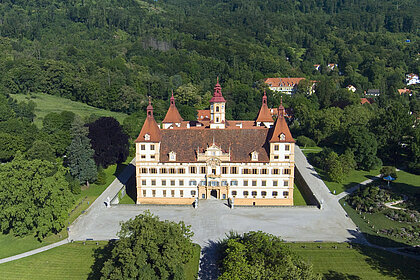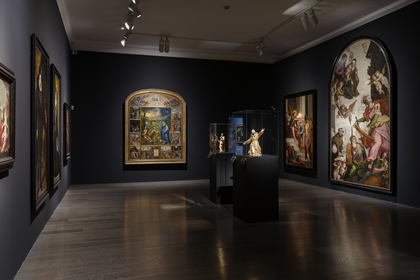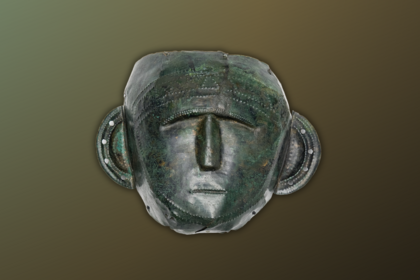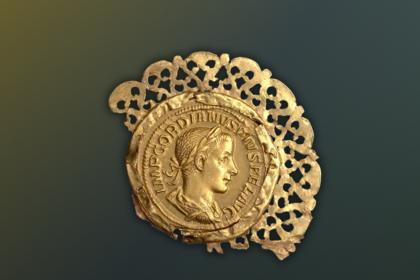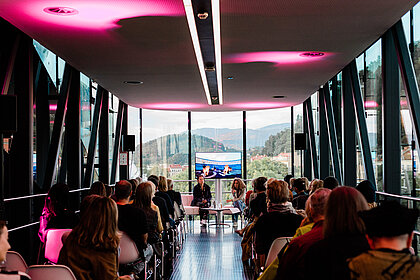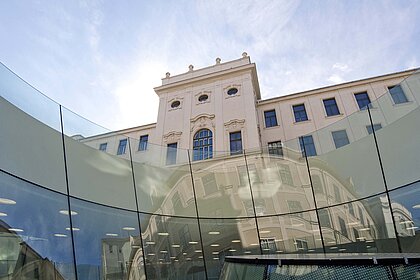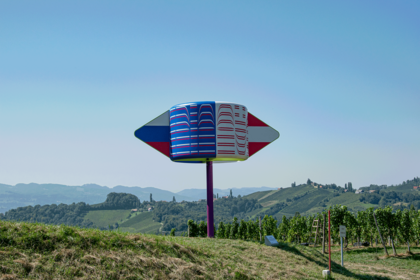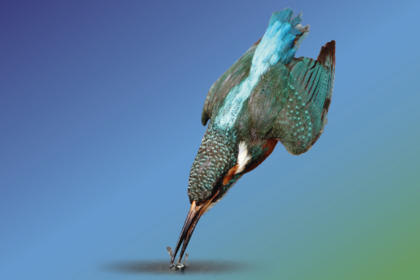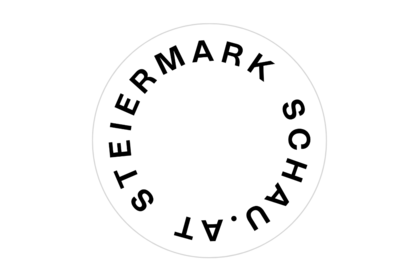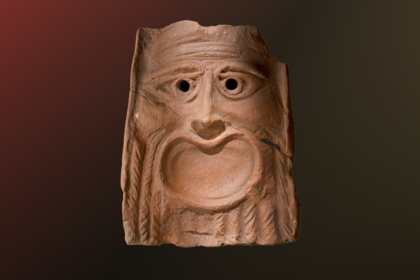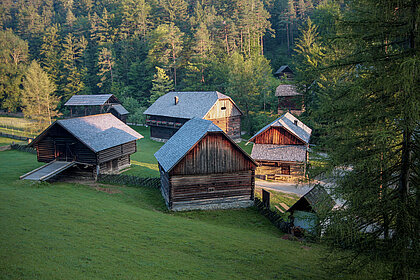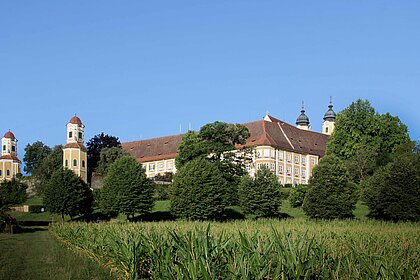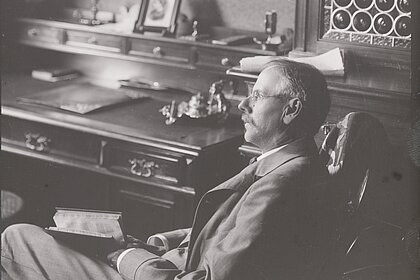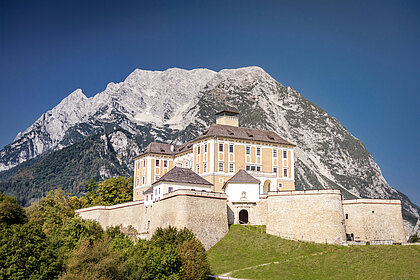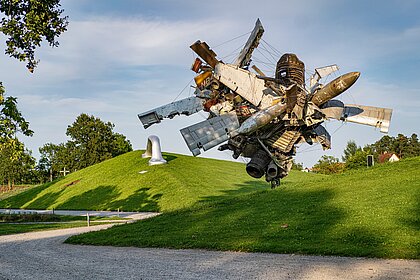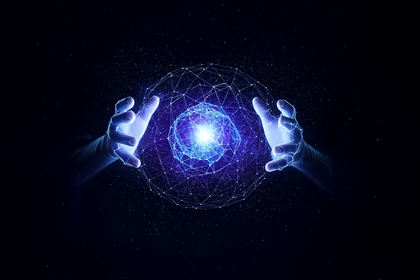Cultural heritage (English: national heritage) is a distinction. It means responsibility, but also (national) identity. It stands for a valuable possession that, in a figurative sense, belongs to "all of us".
Plamen Dejanoff's solo exhibition at the Kunsthaus Graz shows new works, precisely researched in terms of craftsmanship, which investigate a common European cultural heritage. For Heritage Project, the Austro-Bulgarian artist, who has become known for works of speculative identities and authorships, draws on his personal history of a pan-European life. Using his family heritage – which reverted to the family in the post-communist era – he raises the question of the limits of ownership of architectural, artistic and craft knowledge. Together with a number of international specialists, he creates independent artistic works at the interface between art and functional object. As sculptural architectural quotations, they tell stories in the exhibition space about their origins, the transfer and the aesthetic quality of craft knowledge.
The long-term, processual Heritage Project thus looks back in order to move forward. Dejanoff uses economic and institutional knowledge systems and weaves a web of relationships between disciplines, places and times. He skilfully appropriates mechanisms of art to realise a social sculpture from the exhibition as a growing centre of art and knowledge – a living place of "international heritage" – in the European periphery.
